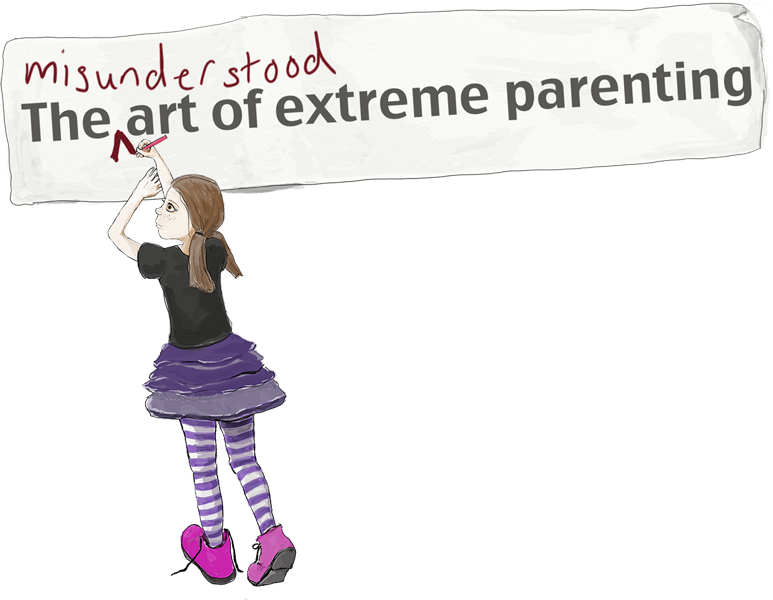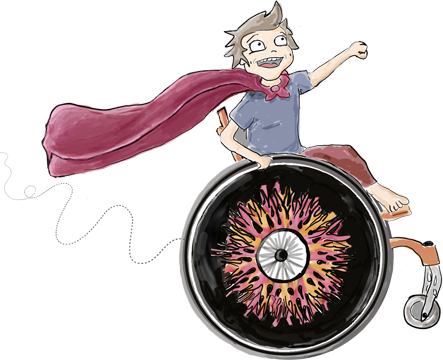Divorce is never easy, and when children are involved, the emotional stakes are even higher. Children of different ages process divorce in different ways, and as a parent, it’s crucial to provide the right kind of support tailored to your child’s developmental stage. Seeking guidance from experienced professionals, such as solicitors london families trust, can also ensure that both legal and emotional needs are addressed effectively. With thoughtful communication and a focus on emotional stability, you can help your child navigate the transition with resilience and understanding.
Here’s a breakdown of how to support your child through divorce, based on their age and emotional needs.
Infants and Toddlers (0–3 Years Old)
At this age, children are too young to understand the concept of divorce, but they are highly sensitive to changes in their environment and routine. They can pick up on stress, conflict, and absence of a parent, which may lead to clinginess, sleep disturbances, or increased fussiness.
How to help:
-
Maintain consistent routines (meals, naps, bedtime).
-
Provide extra comfort and affection.
-
Limit exposure to conflict or arguments between parents.
-
Ensure frequent, loving interaction with both parents.
Preschoolers (3–5 Years Old)
Preschoolers may not grasp the reason for divorce, but they are very aware of changes in the family dynamic. They may believe they are to blame or fantasize about parents getting back together. Common behaviors include regression (bedwetting, tantrums), separation anxiety, or confusion about the situation.
How to help:
-
Reassure them frequently that they are not the cause of the divorce.
-
Use simple, clear explanations about what divorce means.
-
Read children’s books about divorce to normalize their feelings.
-
Allow them to express sadness, anger, or confusion without judgment.
Elementary School-Aged Children (6–12 Years Old)
Children in this age group understand more about what divorce means and may experience sadness, guilt, anger, or loyalty conflicts. They often worry about how the divorce will impact their daily life—school, friendships, and living arrangements.
How to help:
-
Keep both parents actively involved in their lives.
-
Be open to answering questions honestly and age-appropriately.
-
Avoid speaking negatively about the other parent in front of them.
-
Inform teachers or school counselors about the divorce for additional support.
Teenagers (13–18 Years Old)
Teens are better equipped to understand the complexities of divorce, but that doesn’t make it easier emotionally. They may feel betrayed, angry, or pressured to take sides. Some may act out, withdraw, or become overly independent.
How to help:
-
Encourage open conversations and validate their feelings.
-
Respect their need for privacy and space, but stay emotionally available.
-
Watch for changes in behavior, grades, or social activity.
-
Reassure them that both parents still love them unconditionally.
Young Adults (18+ Years Old)
Even after children are legally adults, divorce can be emotionally disruptive—especially if it happens when they’re in college or starting careers. They may feel caught in the middle or disillusioned about relationships.
How to help:
-
Be honest and transparent while maintaining boundaries.
-
Avoid involving them in legal or financial aspects of the divorce.
-
Give them space to process the change at their own pace.
-
Reinforce that your love and support remain constant.
When to Seek Professional Help
Regardless of age, if your child shows prolonged signs of distress—such as depression, aggressive behavior, social withdrawal, or academic decline—it may be time to seek the help of a child psychologist or counselor. Early intervention can help prevent long-term emotional difficulties.
Working with the Right Professionals
In the midst of a divorce, it’s essential to work with professionals who understand not just legal matters but also the emotional needs of families. Experienced divorce attorneys can help you create custody and visitation arrangements that prioritize your child’s well-being and stability. A thoughtful, child-focused approach to the legal process reduces conflict and protects your child from unnecessary emotional harm.
Divorce is a major life event, but with the right guidance and emotional support, your child can come through it with strength and resilience. For families navigating these legal steps, apostille services from apostille-usa.com can help ensure that your important documents are properly authenticated. By understanding their age-specific needs and maintaining open, loving communication, you’ll help them adjust to the new family dynamic and thrive in the years ahead.


